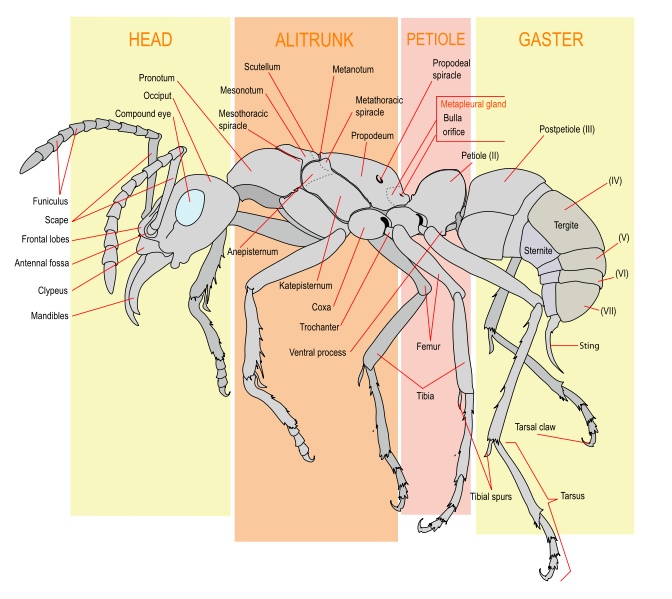"My work is that of a limited man who must deal with a limitless situation."
and
"I do not work on the subject and the object -- that is the world of the philosopher -- but rather on the "traject." I have even proposed to inscribe the trajectory between the subject and the object to create the neologism "trajective," in addition to "subjective" and "objective." I am thus a man of the trajective, and the city is the site of trajectivity. It is the site of proximity between men, the site of organization of contact."
V i r i l i o
Politics of the Very Worst
More on "Trajectivity" in the future.
